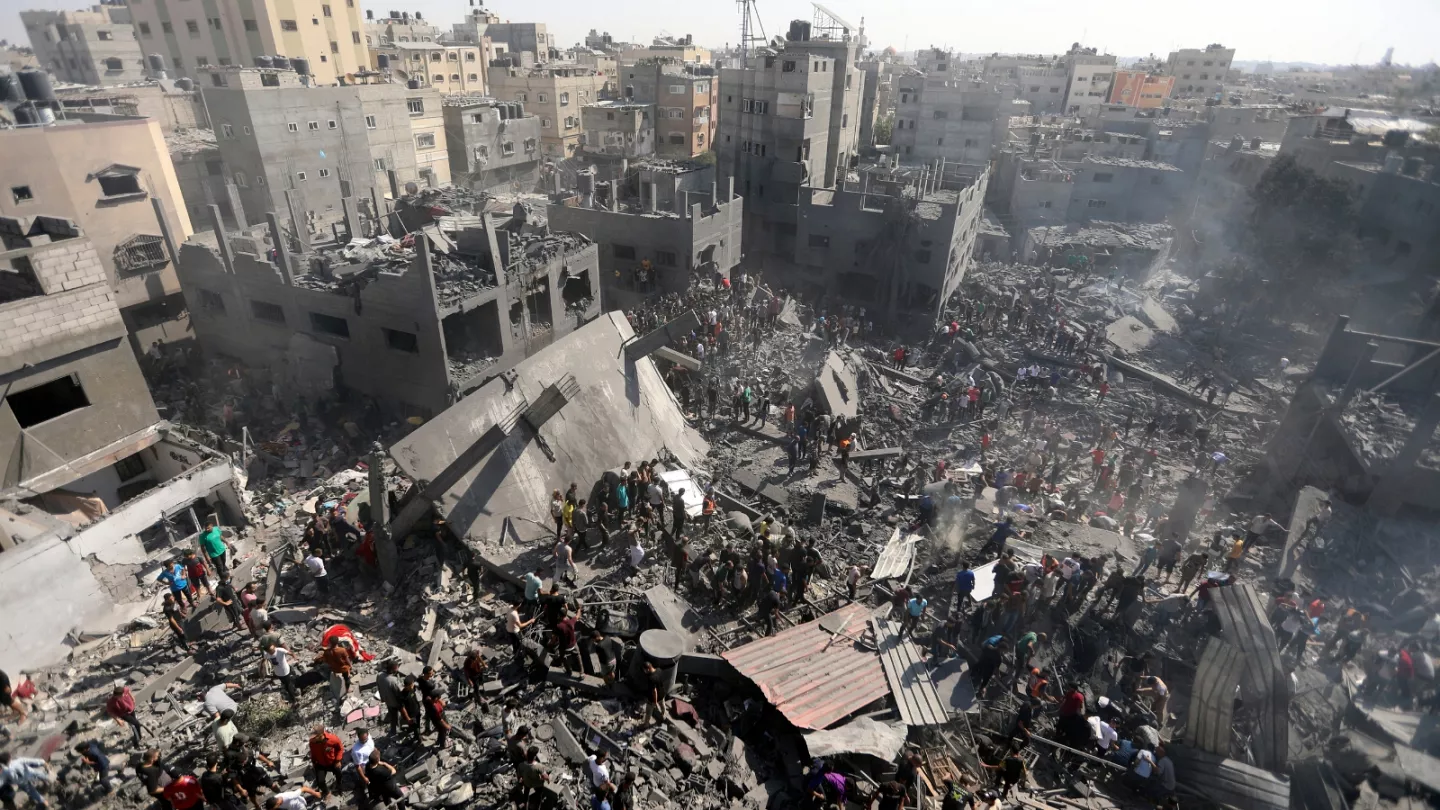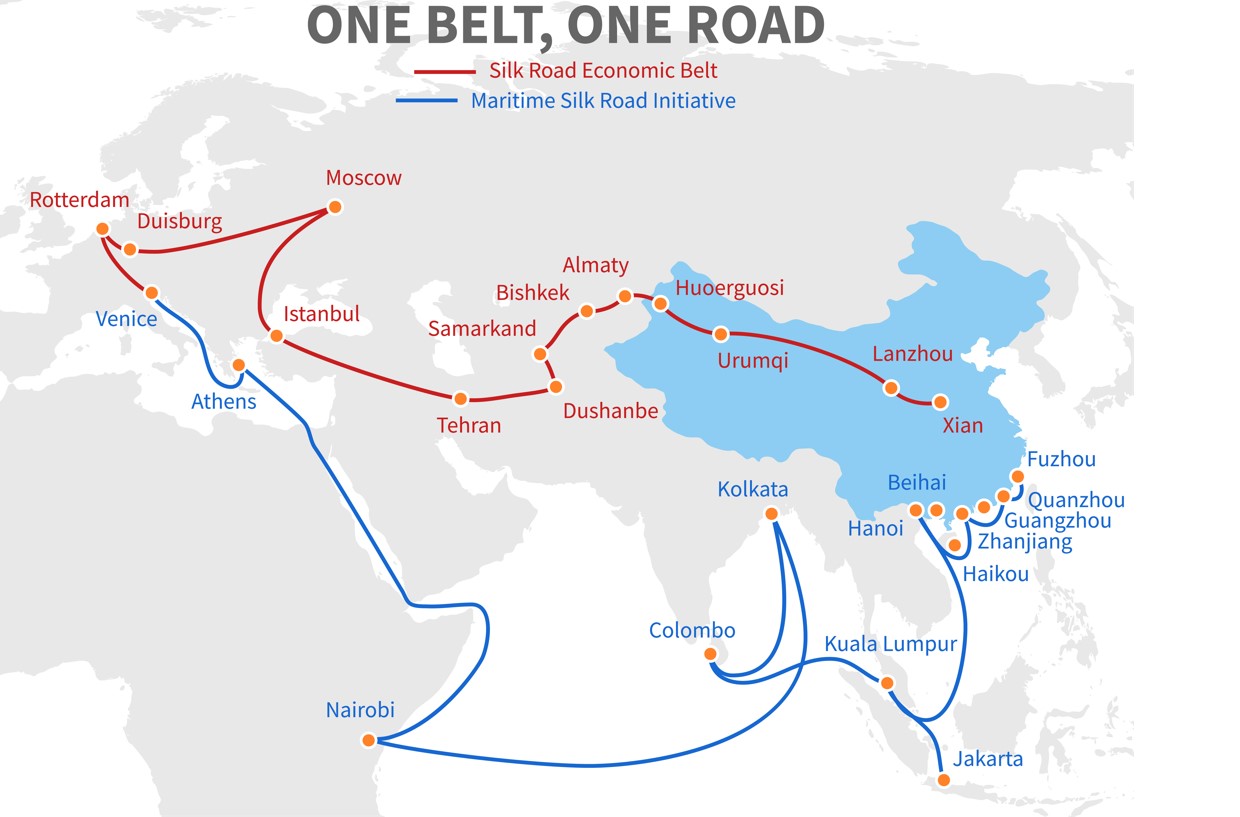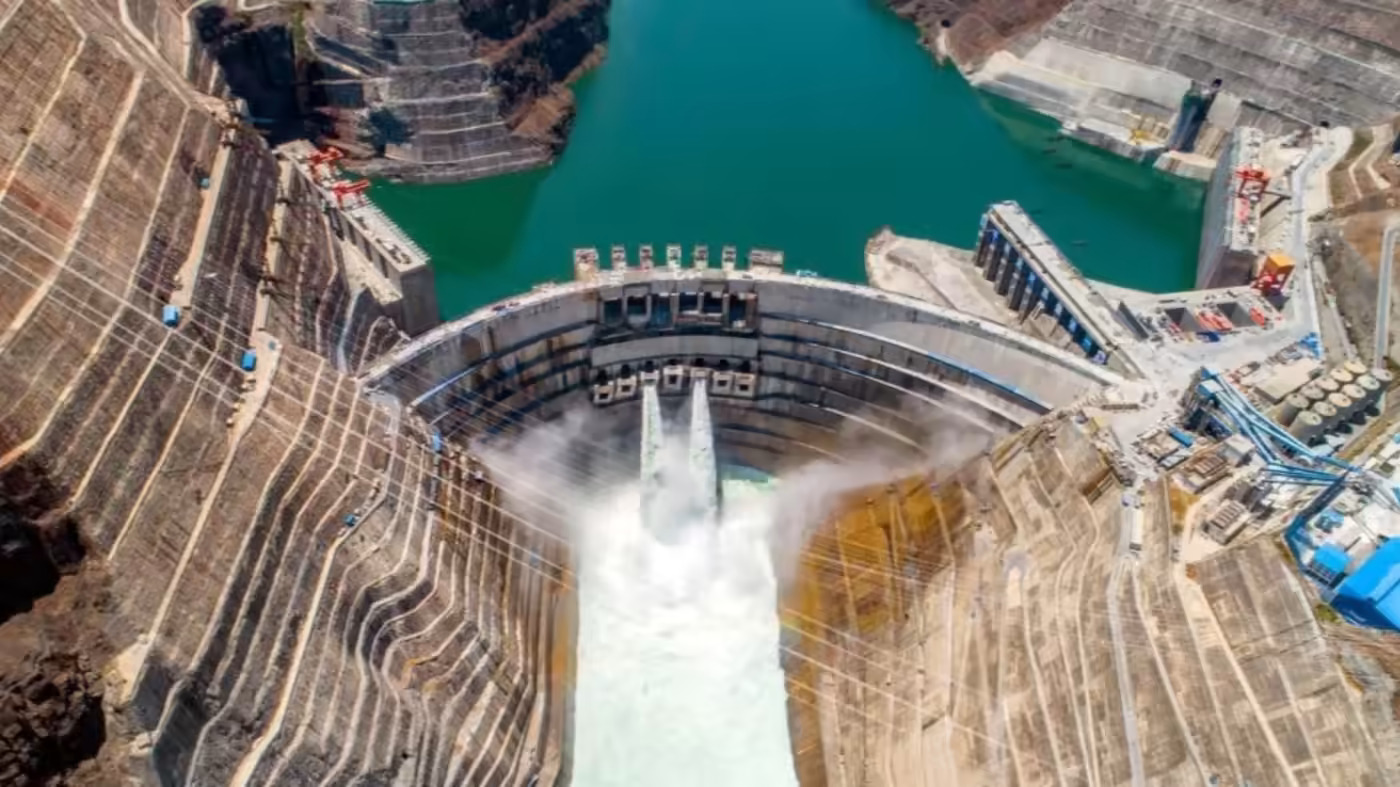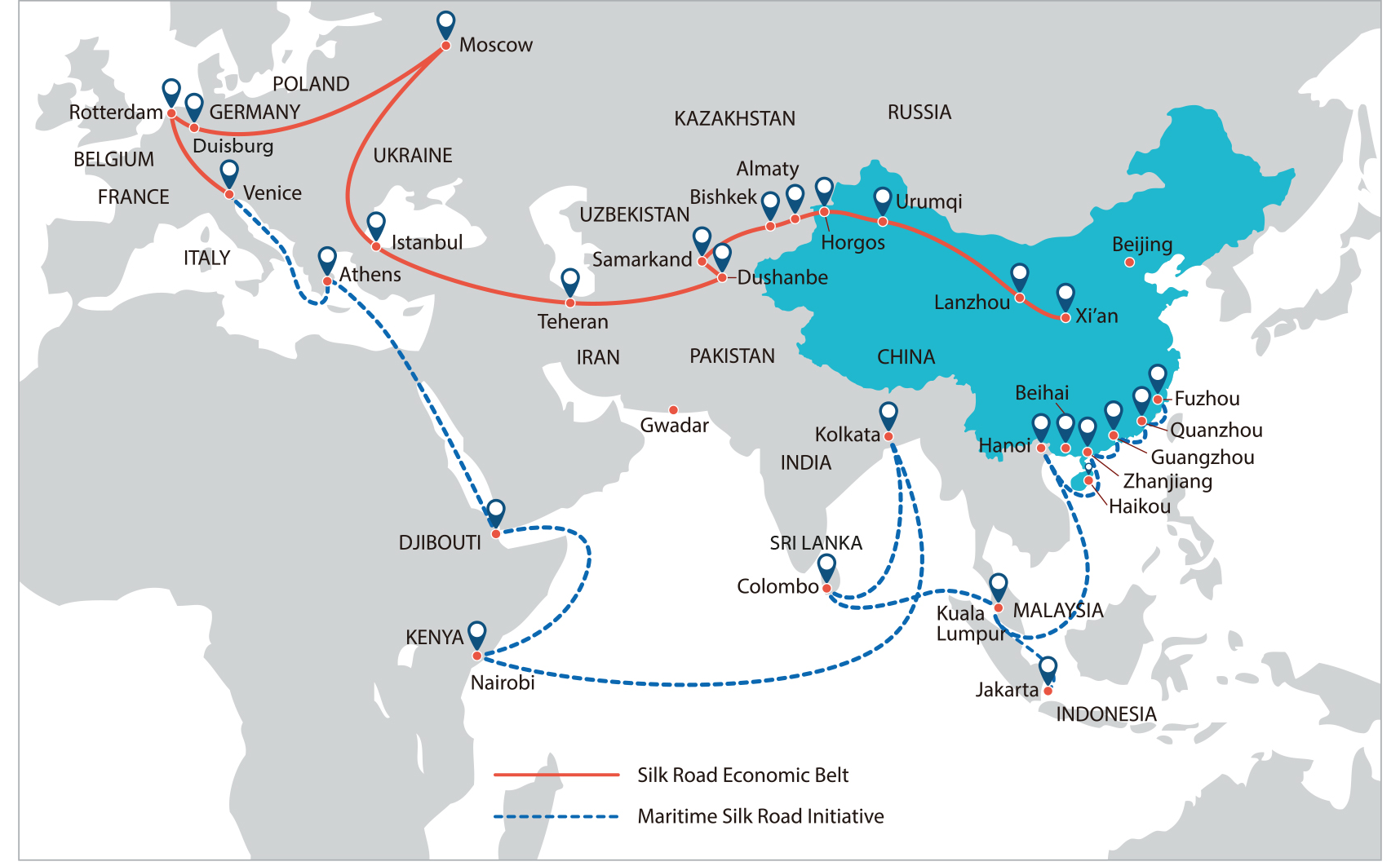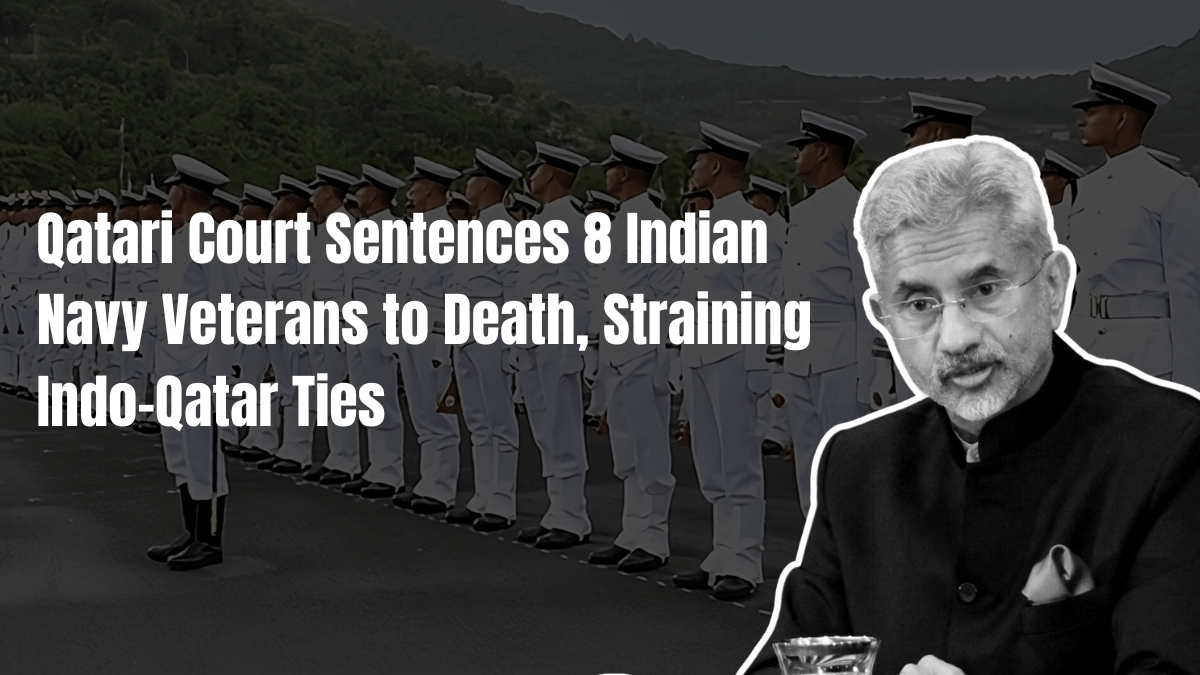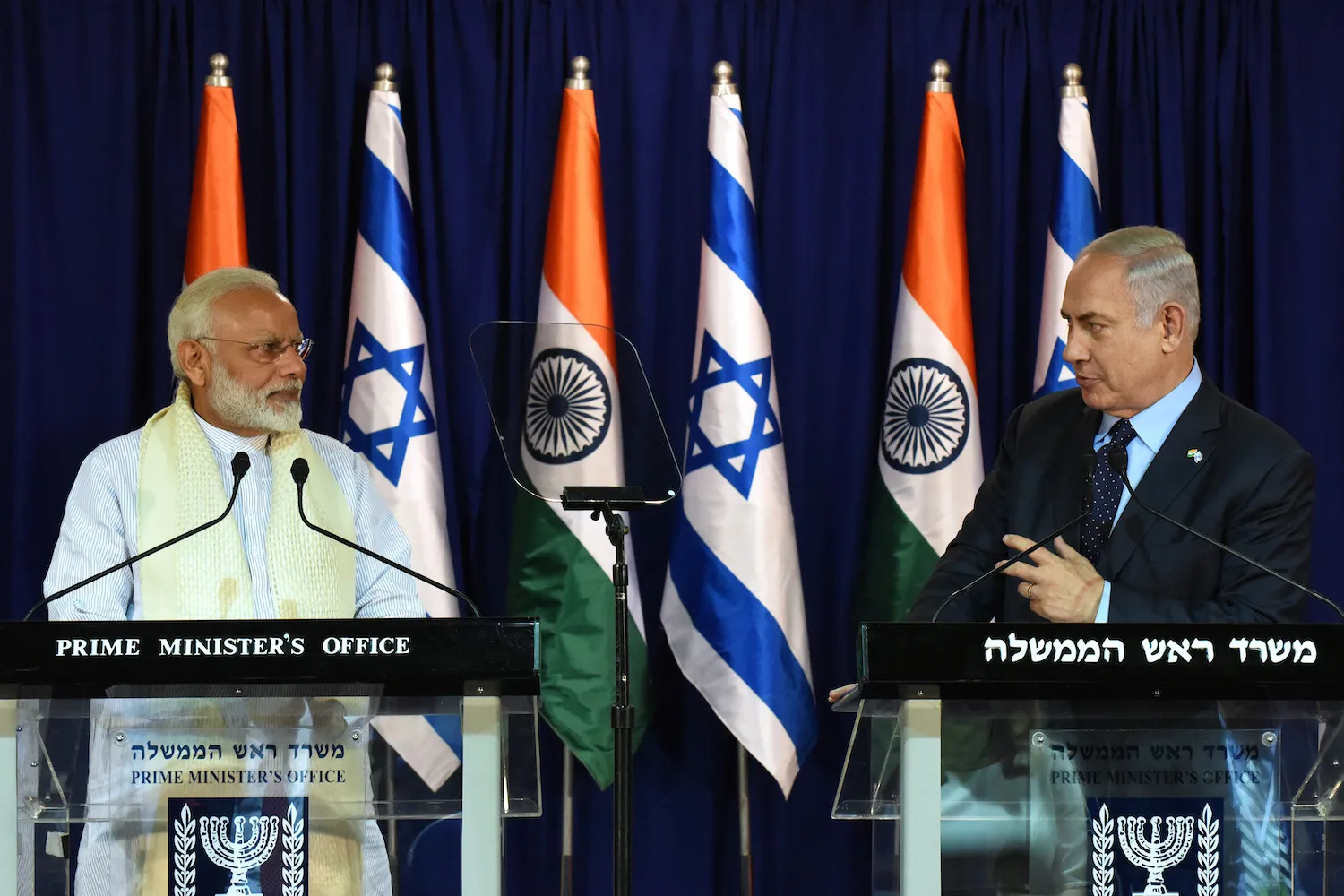It is not just a question of semantics regarding the current violent and bloody situation in Palestine. How the world views the cruel colonisation of a nation and its people can be greatly influenced by the language used to describe the events taking place in the region.
Words have great power, and this is seen in the language used to describe the bloodshed in Palestine. Replace phrases like “war,” “conflict,” and “killings” with more realistic and solemn terminology like “genocide,” “annihilation,” and “murder.” It’s crucial to understand, though, that the language and storyline around these occurrences are frequently set by the colonisers themselves.
With the advent of social media and sophisticated narrative-shaping technologies, the powerful are able to distort the truth and present lies as undeniable truths. This is a widespread practice that is not specific to any one area or conflict. Politicians all across the world have become experts at spreading false information in order to seize and hold onto power, even if it requires using force.
This trend is reflected in the vocabulary and narrative surrounding the continuous bombing of Gaza, a 25-mile stretch of land where youngsters feel they are protecting their homeland. The word “war” is used to excuse the violence, even if it is fundamentally needless and unfair. In this instance, language turns into a weapon of mass destruction. It is easier to accept dead bodies presented as “casualties of war” than those found in mass graves caused by genocide.
The use of violent language taints coverage of the Gaza situation in both Western and Indian media. The horrific October 7 attack by Hamas, which claimed hundreds of Israeli civilian lives, has been used as an excuse to divert attention away from the suffering of Gaza’s citizens. This type of “whataboutery” implies that all of Gaza’s victims are somehow collectively accountable for the violence, which is a brutal and unfair way to assign blame.
There is inherent violence in this language. The West is aware of how language may influence attitudes and provide justification for behaviour. Calling the current state of affairs between Palestine and Israel a “war” minimises the injustices that the Israeli government is enforcing. It ignores the undeniable fact that Israel is occupying Palestinian territory illegally.
In history, language has had a significant impact. The Nazi minister of publicity, Joseph Goebbels, underlined the need for propaganda in order to win over the public to political views. It seems that a sizable segment of the Indian media and social media landscape deliberately supports the Israeli narrative. Even though the Palestine-Israel conflict is not just a Muslim-Jewish dispute, this support appears to be motivated by a pervasive dislike of Muslims that supports the Israeli narrative.
India’s anti-colonial heritage from the liberation fight served as the foundation for its historic support for Palestine. It wasn’t done to placate Muslims in India. Some people still misunderstand this historical background, though.
The state’s use of excessive force in response to the Hamas attack, according to the dominant Israeli narrative, has resulted in the deaths of thousands of people. The distinction between justice and retaliation is blurry and appears to have vanished completely in this instance. Justice ought to be founded on the facts and the circumstances, whereas revenge is a weapon of the weak and the enraged. Since Israel’s founding in 1948, evidence has continuously pointed to wrongdoing in this country.
Narratives turn into violent deeds when they aid in the murder of defenceless bystanders. Palestinians, who are still subjected to pain and brutality, are frantic for their voices to be heard. Israel’s siege of Gaza deprives its citizens of vital resources, which is illegal and amounts to a war crime.
The Israeli prime minister’s goal to destroy Hamas is causing innocent Palestinians to be killed and displaced in large numbers. There is little place to hide in the most crowded strip of land on Earth, and Israel controls all of the exits.
As Jewish settlers in the Occupied West Bank continue to commit violent and intimidating acts on a daily basis, the two-state solution that was envisioned in the Oslo Accord and the Balfour Declaration is gradually coming apart.
Israel’s contempt for many decisions from the UN Security Council calls into question the idea of a “rules-based international order.”
The international community responds to conflicts in quite diverse ways, even when they occur in various parts of the world. It is important to see the suffering of the Palestinian people in the context of the larger issue, and to tackle its underlying causes requires an all-encompassing strategy.
Ultimately, the terminology employed to depict the circumstances in Palestine holds significance. It affects how people see things, how policies are implemented, and whether it promotes peace or encourages violence. As the world observes the suffering of the Gaza population, it is important to consider how language and narrative shape our comprehension of this intricate and long-lasting war.
